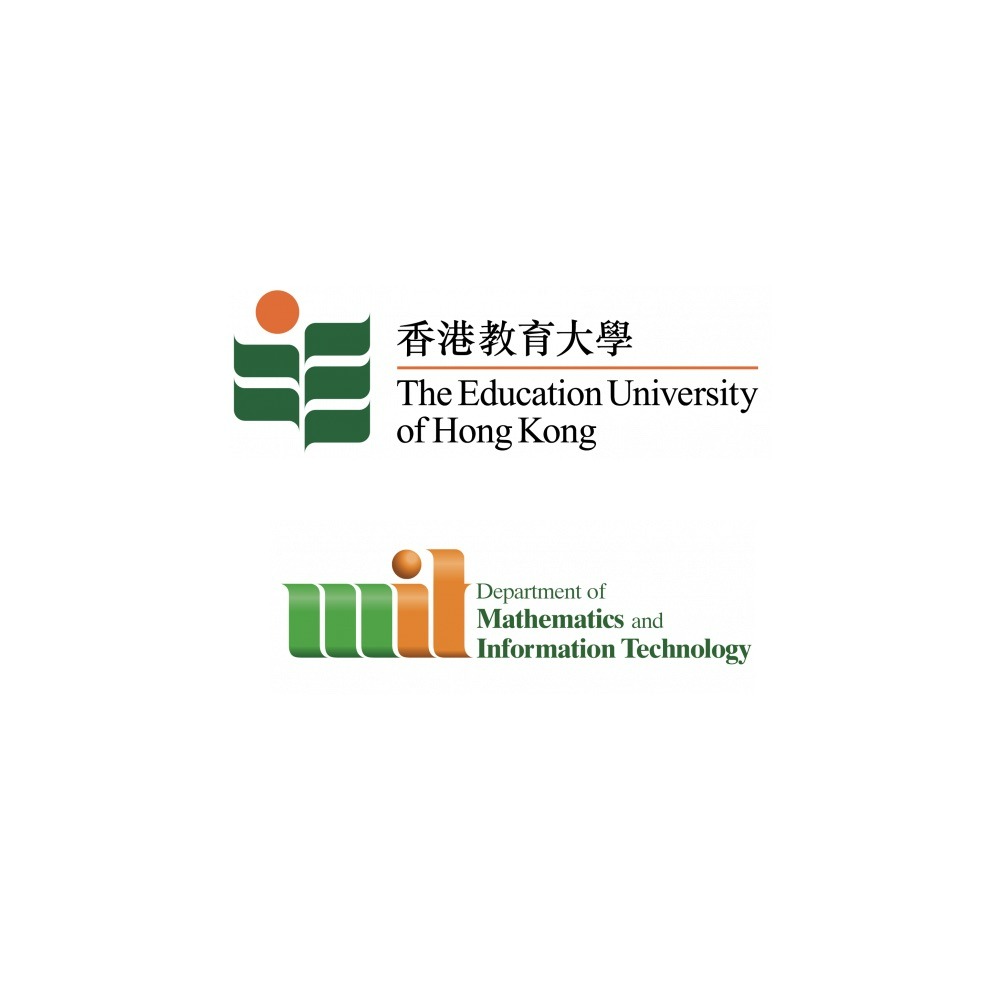Mathematics: A Cultural Heritage
E-mail: mit@ied.edu.hk
Tel: 2948 7824
Abstract:
Hermann Weyl, a great mathematician in the first half of the twentieth century, once said, “[But] mathematics sets the standard of objective truth for all intellectual endeavours; science and technology bear witness to its practical usefulness. Besides language and music, it is one of the primary manifestations of the free creative power of the human mind, and it is the universal organ for world-understanding through theoretical construction. Mathematics must therefore remain an essential element of the knowledge and abilities which we have to teach, of the culture we have to transmit, to the next generation.” For a decade the speaker has offered a course with the title “Mathematics : A cultural heritage” that attempts to elaborate on this exhortation through examples gathered from the long history of mathematics, around our daily lives, in other areas of human endeavours and in Nature. Rather than transmitting a body of technical knowledge in mathematics the emphasis is placed on appreciating, contemplating and discussing about the beauty, the utility and the “Way” of mathematics. This talk will offer a glimpse of the content of the course so as to convey its flavour and purpose.
About the speaker
Prof. SIU Man Keung obtained a BSc as a double major in mathematics and physics from the Faculty of Science of the University of Hong Kong and went on to earn a PhD in mathematics from Columbia University. Like the Oxford cleric in Chaucer’s The Canterbury Tales, “and gladly would he learn, and gladly teach”. He had been doing that for more than three decades until he retired in 2005, and is still enjoying himself in doing that after retirement. He has published some research papers in mathematics and computer science, some more papers of a general nature in history of mathematics and mathematics education, and several books in popularizing mathematics. In particular he is most interested in integrating history of mathematics with the learning and teaching of mathematics, and has been participating actively in an international community of History and Pedagogy of Mathematics since the mid 1980s. In recent years he devotes much of his time in offering a course titled Mathematics: A Cultural Heritage in the tradition of liberal studies.


